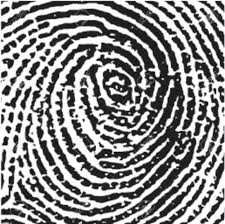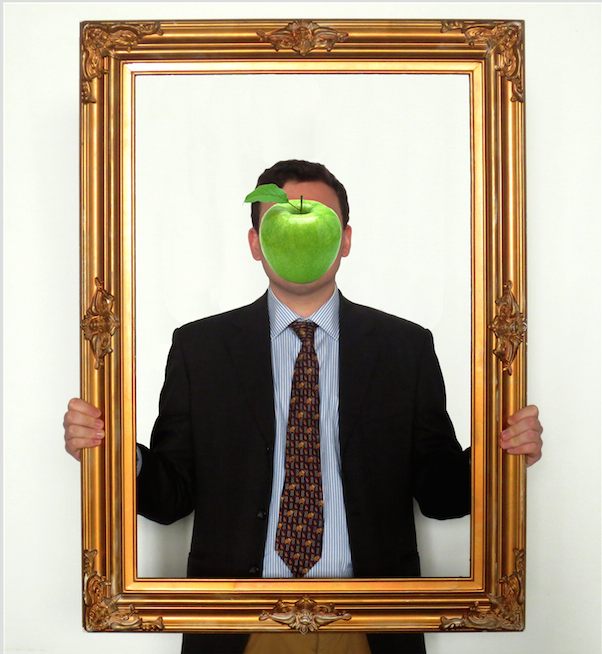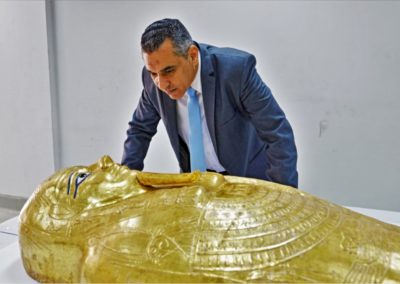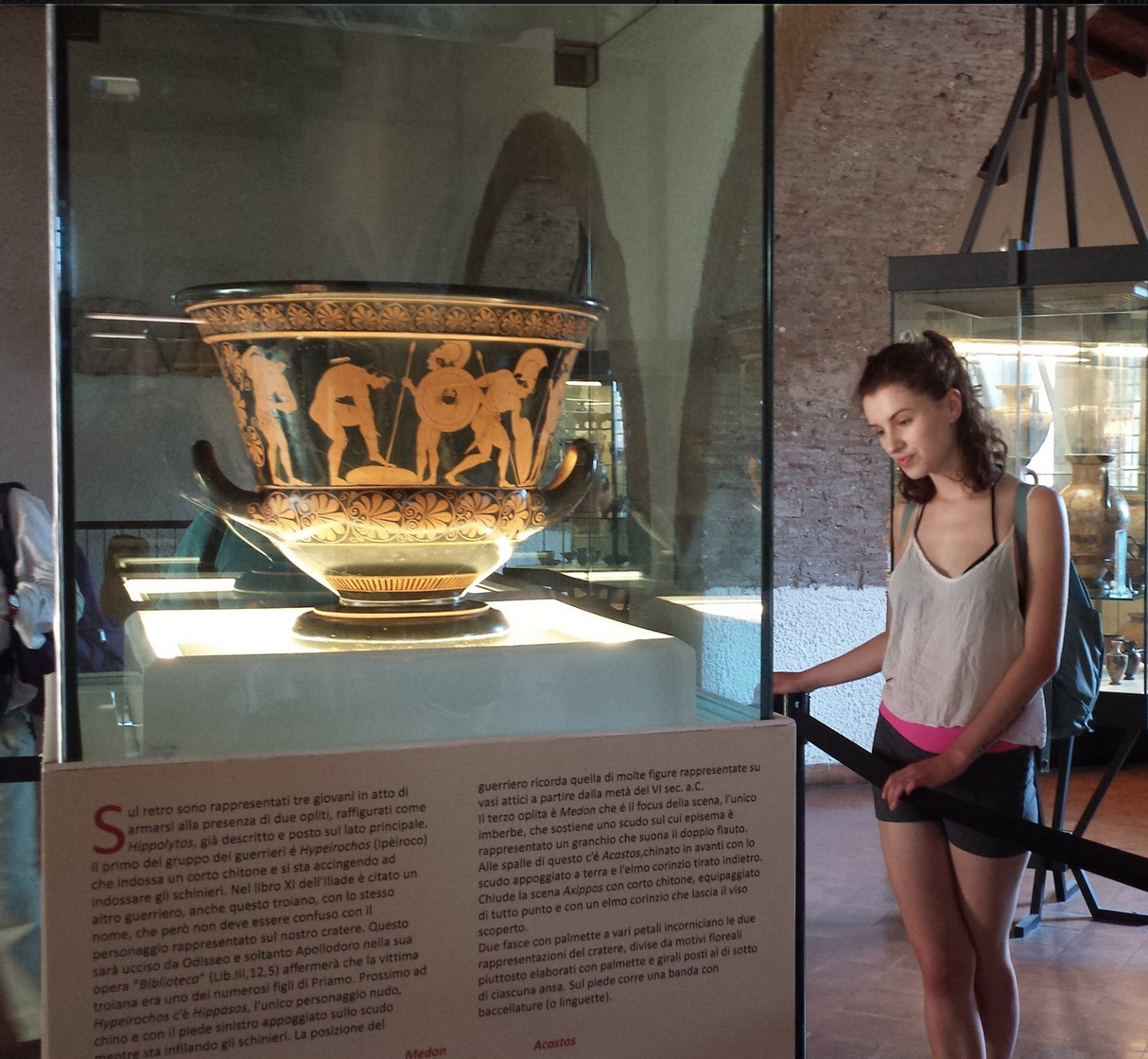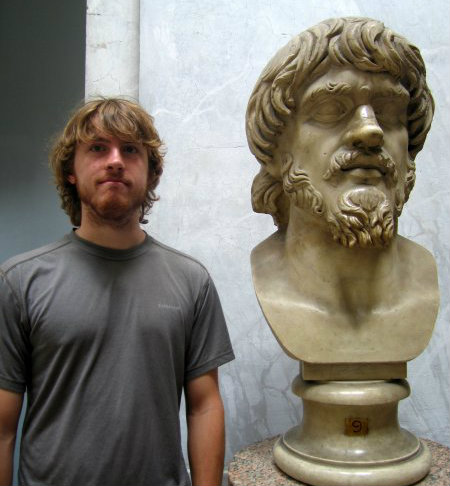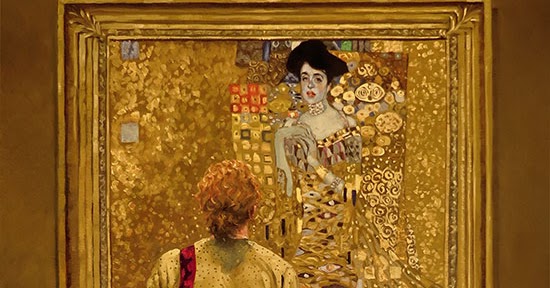
The Association for Research into Crimes against Art Postgraduate Certificate Program in Art Crime and Cultural Heritage Protection is held annually in Italy.
Late Application Period – Now until 30 April 2024
*As spaces on the 2024 program census are limited, applicants are strongly advised to request and submit their application materials as quickly as possible. Completed application files are reviewed on a rolling basis until the summer census cap is reached, after which, any remaining accepted candidates are placed on the waiting list.
For questions related to participating in this training program, please write to us at: education [at] artcrimeresearch.org
Perspectives on the investigation, prosecution and prevention of art crime
The Association for Research into Crimes against Art (ARCA) warmly invites interested postgraduates to apply to ARCA’s PG Cert Program in the study of art crime and cultural heritage protection. The 2024 edition of the program will again be held onsite, from May 24 through August 11, 2024, in ARCA’s host city Amelia, located in the rolling hills of Umbria in Italy.
In its 14th year, this academically-challenging, eleven-course, 210 hour, postgraduate professional development program will provide in-depth instruction in important theoretical and practical elements related to combatting art and heritage crime. By examining art crime’s interconnected world, participants will experience an integrated curriculum in a low participant-to-instructor participatory setting.
Each course associated with the 2024 program has been selected to underscore the value of, and necessity for, a longitudinal and multidisciplinary approach to the study of this type of criminal behaviour, as well as its trends and motivating factors. Designed to expose participants to an integrated curriculum, the program’s courses include comprehensive, multidisciplinary lectures, classroom-based discussions and presentations, in situ field learning modules, as well as “hands-on” learning that includes case studies investigation and development, applied research, and participatory assignments designed to serve as the backdrop for exploring art and antiquities crime, its nature, and its impact on the art market and cultural heritage institutions.
Participants are encouraged and challenged from the outset of the program to develop or further their own scholarly interests, and to evolve as independent thinkers and researchers while simultaneously contributing to the theoretical discourse.
At the conclusion of the program, participants will have a solid mastery of a broad array of concepts pertaining to provenance, art market due diligence, illicit trafficking, cultural property protection, art and heritage law, and cultural security.
During the program participants will explore
- art crime and its prevalence
- the preconditions, processes and consequences of art and antiquities crime
- contemporary perspectives on the detection, investigation, and prosecution of art crime
- art and heritage law and international legal instruments
- illicit trafficking and its interconnected relationship with the licit art market
- provenance and the challenges of recovering looted assets
- criminological theories and their application to the study of art crime
- art crime during war and armed symmetrical and asymmetrical conflicts
- the licit art market and its associated risk
- art insurance and fine art underwriting
- the ethics of antiquities preservation and publication
- risk management and crime prevention in museum security
- fakes, forgery and deception in the art market
- the financial and social motivations for art crime
- art, antiquities, and cultural identity
* subject to availability and a late application fee.
Courses Scheduled for 2024
NOTE: With the Academic Director’s permission some courses can be audited on a course by course basis for those unable to attend for the full summer, please contact admissions for more details.
ARCA’s minerva scholarships support personnel responsible for the security of museum and archaeological sites.
“The High Stakes World of Art Policing, Protection and Investigation”
Richard Acevedo
Supervisory CBP Officer (Retired), U.S. Customs and Border Protection, Trade Intelligence Enforcement Response Team
“Art and Heritage Law and Legal Instruments”
Dr. Saskia Hufnagel
The University of Sydney Law School
“Unravelling the Complicated Market of Illicit Antiquities”
Dr. Samer Abdel Ghafour
International Coordinator for Capacity Evaluation and Development Cooperation, ARCA; Adjunct Professor, American University of Rome; Founder, ArchaeologyIN
“Practical Approaches to Safeguarding Culture: Security Measures and Risk Assessment for Museums and Cultural Heritage Sites”
Ibrahim Bulut
Ibrahim Bulut, Museum Safety and Security and Site Architecte de votre sécurité
Expertise & Security Consultants
“Uncovering the Past: An Introduction to Nazi-Era Provenance Research”
Marc J. Masurovsky
Co-founder, Holocaust Art Restitution Project
“Indigenous Aquisitions, Repair & Responsibility: The Value of Repatriation as a Form of Compensation”
Dr. Tasha Dobbin Bennett
Associate Professor of Art History
Oxford College at Emory University
“Cracking the Code and Exploring Art Crime’s Puzzles – Unmasking the Digital Illicit Art Trade ”
Roos Hoek
Art and Antiquities Crime Unit, National Police – The Netherlands
“How to Analyze their Crimes Empirically”
Dr. Edgar Tijhuis
Professor of Criminology and ARCA Academic Director
“Tracking Stolen Art: Progress, Prospects and Limitations of Databases for Stolen Art”
Lynda Albertson
Chief Executive Officer, ARCA
Lead – ARCA Transnational Crime Mapping Project
Dr. Marcel Marée
Assistant Keeper, Egypt and Sudan,
The British Museum
Stefano Alessandrini
ARCA, Forensic Antiquities Analyst
Consultant, Ministero della cultura, Italia
“Insurance Claims and the Art Trade”
Dorit Straus
Independent Insurance Consultant; Vice President and Worldwide Specialty Fine Art Manager for Chubb & Son, a division of Federal Insurance Company (retired); Board of Directors of AXA Art Americas Corporation; Board of Directors: the International Foundation for Art Research (IFAR)
“Art and Heritage Law and Legal Instruments”“Discarded, Discovered, Collected: The Ethics of Antiquities Preservation and Publication”
Dr. Roberta Mazza
Associate Professor, Dipartimento di Beni Culturali. Università di Bologna
* NB: This tentative 2024 academic schedule will be confirmed by 15 February 2024. After that date, activities may be changed and lecturers substituted, or the order of teaching revised in exceptional or health-related circumstances.
Important Dates
December 16, 2023 through January 15 2024 – General Application Period
January 16, 2024 through February 28, 2024 – Late Application Period (Subject to remaining census.)
April 01, 2024 – Advance Reading Assigned
May 24, 2024 – Participants Arrive in Amelia
May 25-26, 2024 – Orientation
May 27, 2024 – Courses Begin
June 21-23, 2024 – ARCA’s Annual Summer Art Crime Conference
August 09, 2024 – Onsite courses conclude
August 10-11, 2024 – Housing Check-out**
November 15, 2024 – Capstone Research/Thesis Submission Deadline
**Some students choose to relax for a few days after the core program concludes to travel, or to participate in the city’s Palio dei Colombi, Notte Bianca and Italy’s Ferragosto festivities through August 15th.
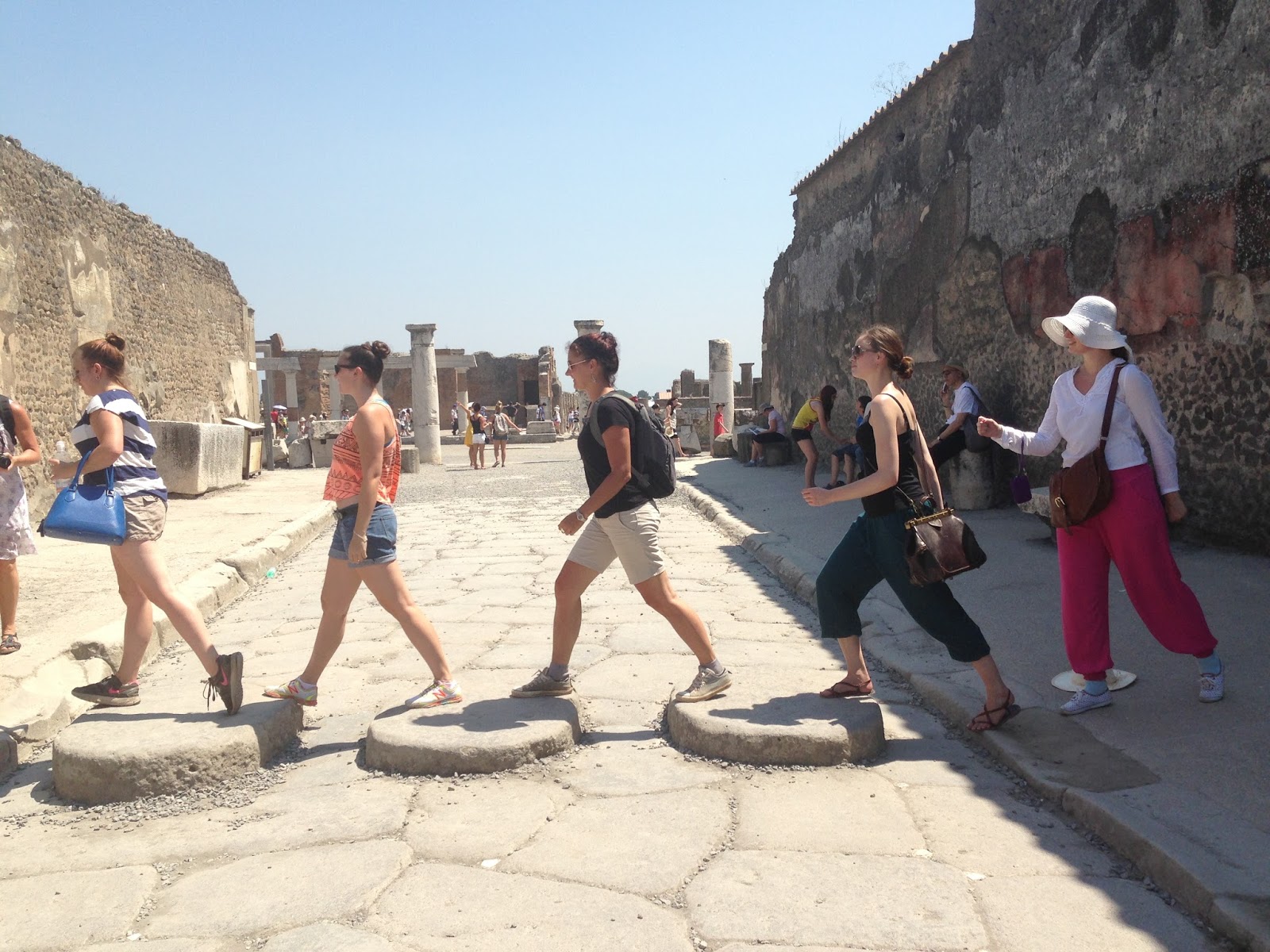
To be sent a detailed prospectus and application materials this Autumn, or for general questions about this postgraduate program, please contact us at:
❦❧❦❧❦❧❦❧❦❧❦❧

